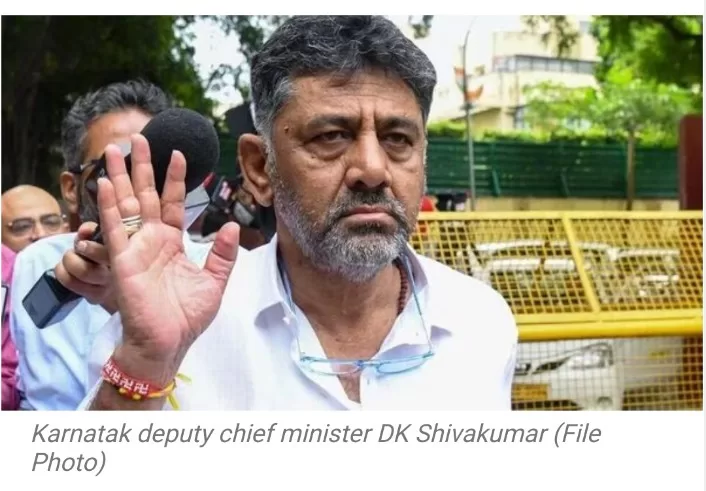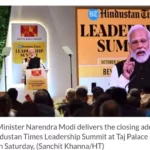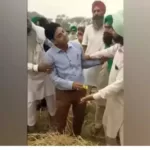In a recent political development, Karnataka Deputy Chief Minister, D.K. Shivakumar, has gracefully declined the offer extended by former Chief Minister and JD(S) leader, H.D. Kumaraswamy, who proposed his support from 19 of his MLAs should Shivakumar aspire to ascend to the role of Chief Minister. Shivakumar conveyed his stance by asserting that he is in “no hurry” to seize this position.
“I’m not in a hurry (to become CM). I have not demanded this from anyone, not even from the party leadership,” Shivakumar declared. He emphasized that the state elections were contested under a collective leadership banner, highlighting the collective responsibility of ensuring good governance.
Additionally, Shivakumar reiterated his unwavering loyalty to the current Chief Minister, Siddaramaiah, and emphasized his commitment to following the directives of the party’s high command. “We are following whatever the high command has said, Siddaramaiah is our leader; even CM Siddaramaiah has said the same, this is our commitment,” he added.
These developments come in the midst of reports indicating factionalism within the ruling Congress and the ongoing tussle for the Chief Minister’s position between Siddaramaiah and his Deputy, D.K. Shivakumar. Notably, Kumaraswamy’s offer to provide support from 19 JD(S) MLAs to Shivakumar arrived after speculation that several JD(S) MLAs were contemplating switching their allegiance to the Congress party.
In response to these claims of unrest within the Karnataka Congress, Shivakumar firmly rejected the notion, suggesting that it is the BJP grappling with internal discord, making it challenging for them to select their leaders. A significant remark came from Karnataka Minister and Congress MLA, Priyank Kharge, who categorically dismissed allegations of factionalism within the Congress, emphasizing that roles and responsibilities within the party have been distinctly defined, and decisions regarding a change in leadership will be taken by the high command at the appropriate time.
It is essential to understand that these political maneuvers add an intriguing layer to the complex chessboard of Indian state politics, and their ultimate implications will continue to be closely observed and analyzed by political pundits and observers.






